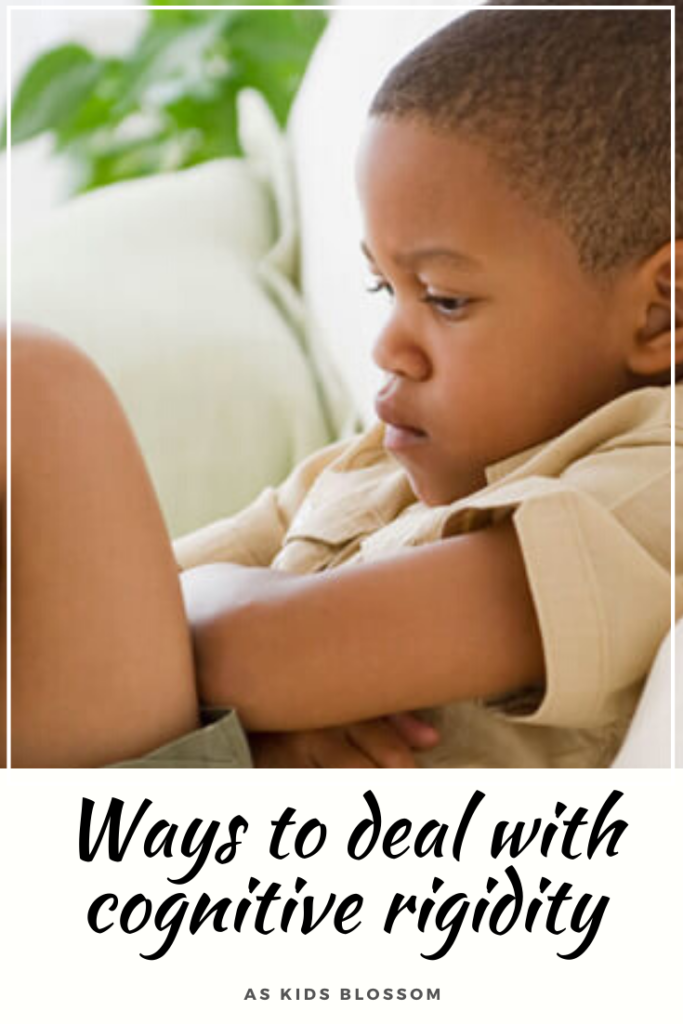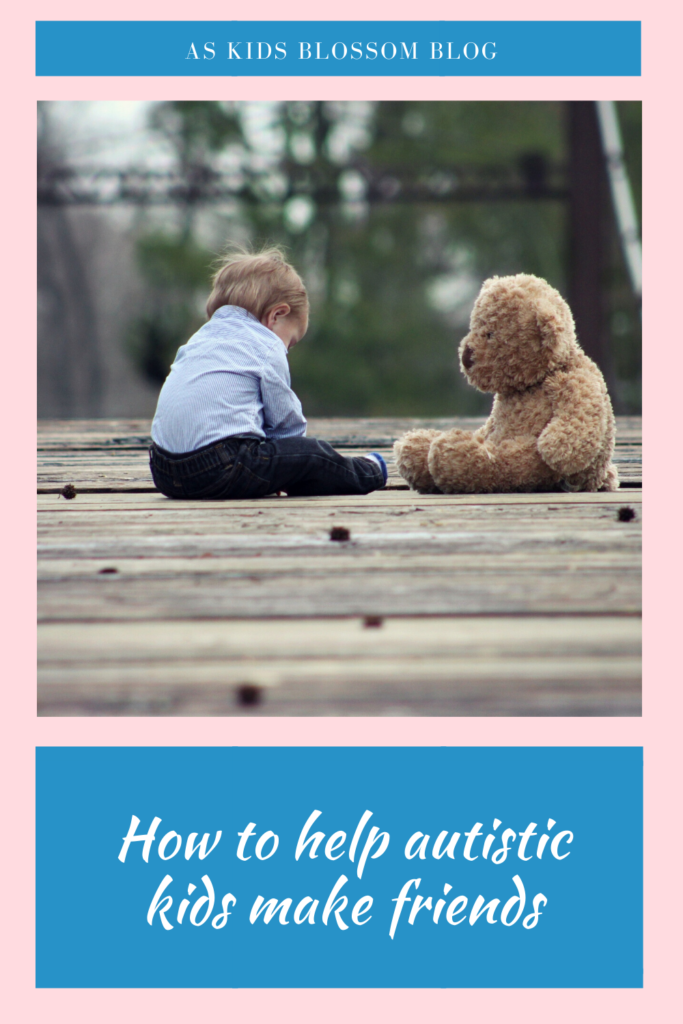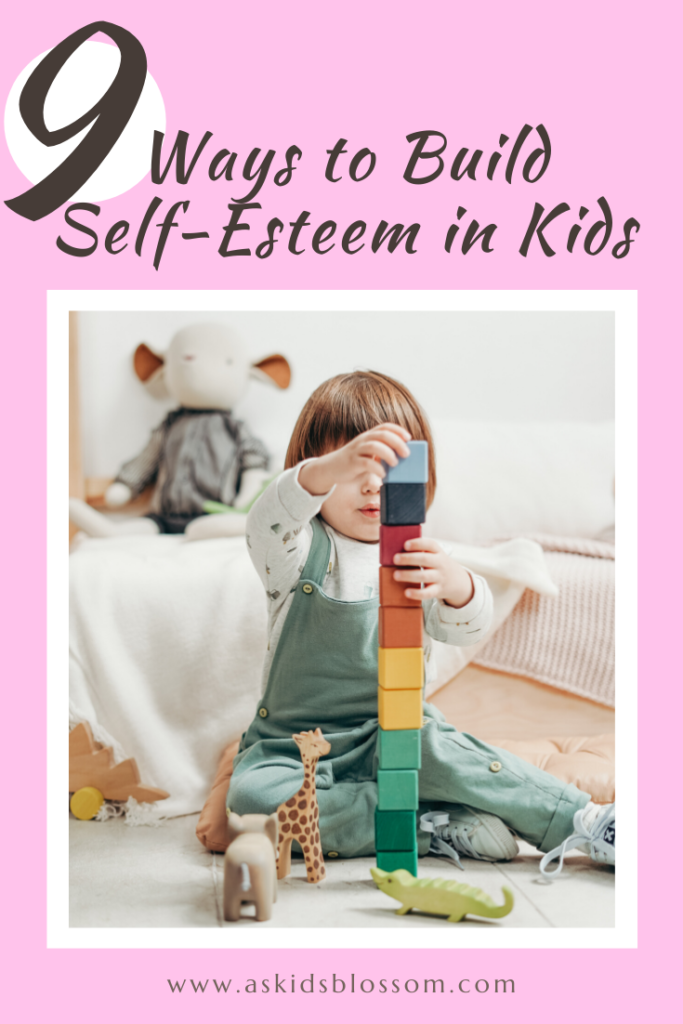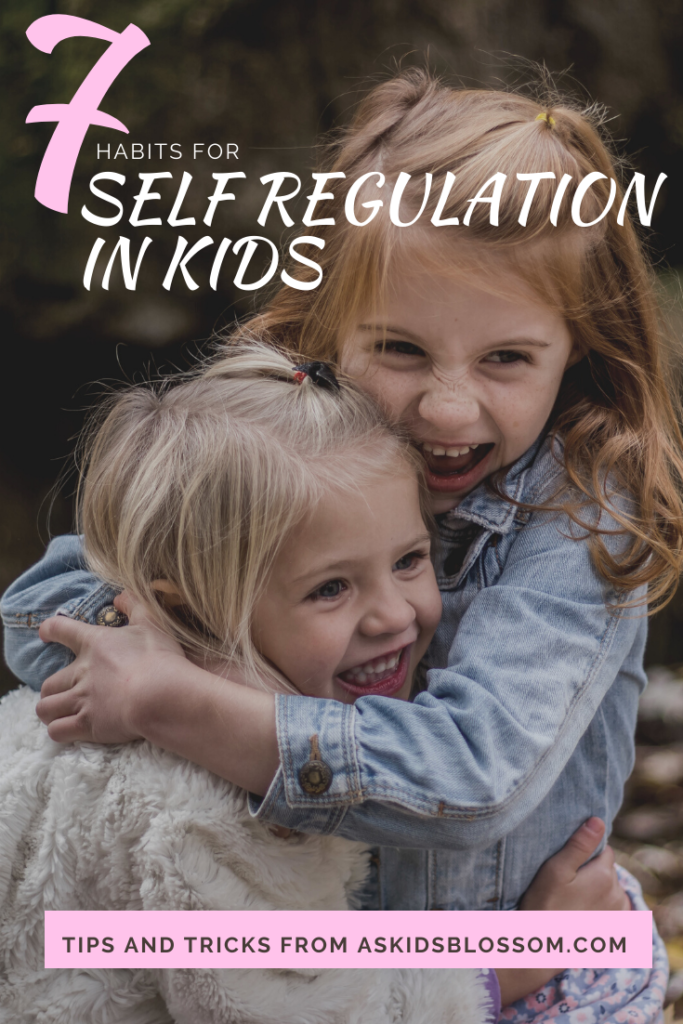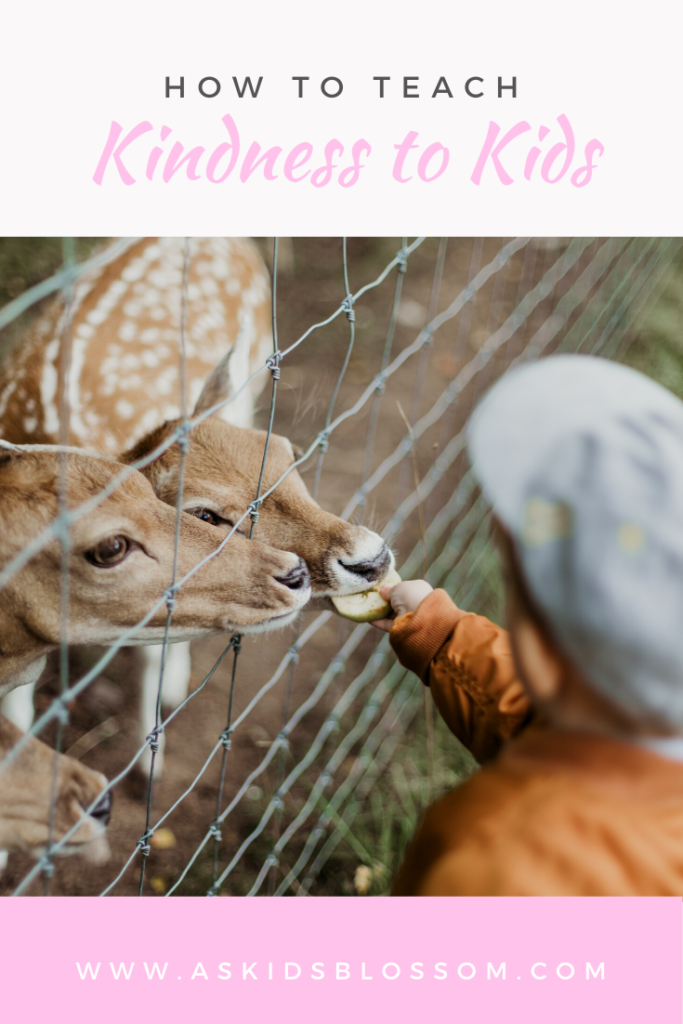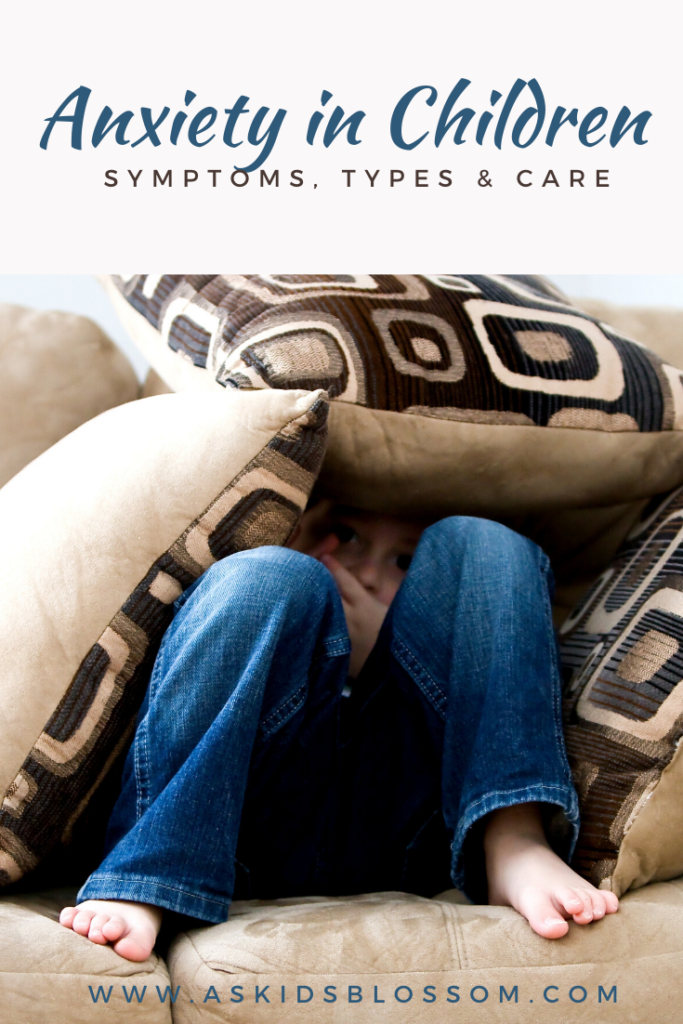Board Games are one of my children’s favorite toys. We have all kinds of them from Snakes and Ladders, to Scrabbles. To be honest, I also find them easier to manage. It gets my mind off my work, and I can finally sit down and still entertain my kids. No more running around, or silly Read More
Board Games are one of my children’s favorite toys. We have all kinds of them from Snakes and Ladders, to Scrabbles. To be honest, I also find them easier to manage. It gets my mind off my work, and I can finally sit down and still entertain my kids. No more running around, or silly games (oops, sorry).
This is a game I recently created after dealing with a child who had difficulty managing emotions. So, this 5-year old loved playing games. So, I found the best solution. Teaching through play. That’s the best kind of learning you can offer to any child.
Board Game To Improve Emotional Development in Kids
It’s a pretty simple game. Here’s what you need:
- Printed Game On an A-4 Sheet of Paper
- A-4 Sized Cardboard
- Dice
- Players (we used Lego players)
How To Assemble the Game
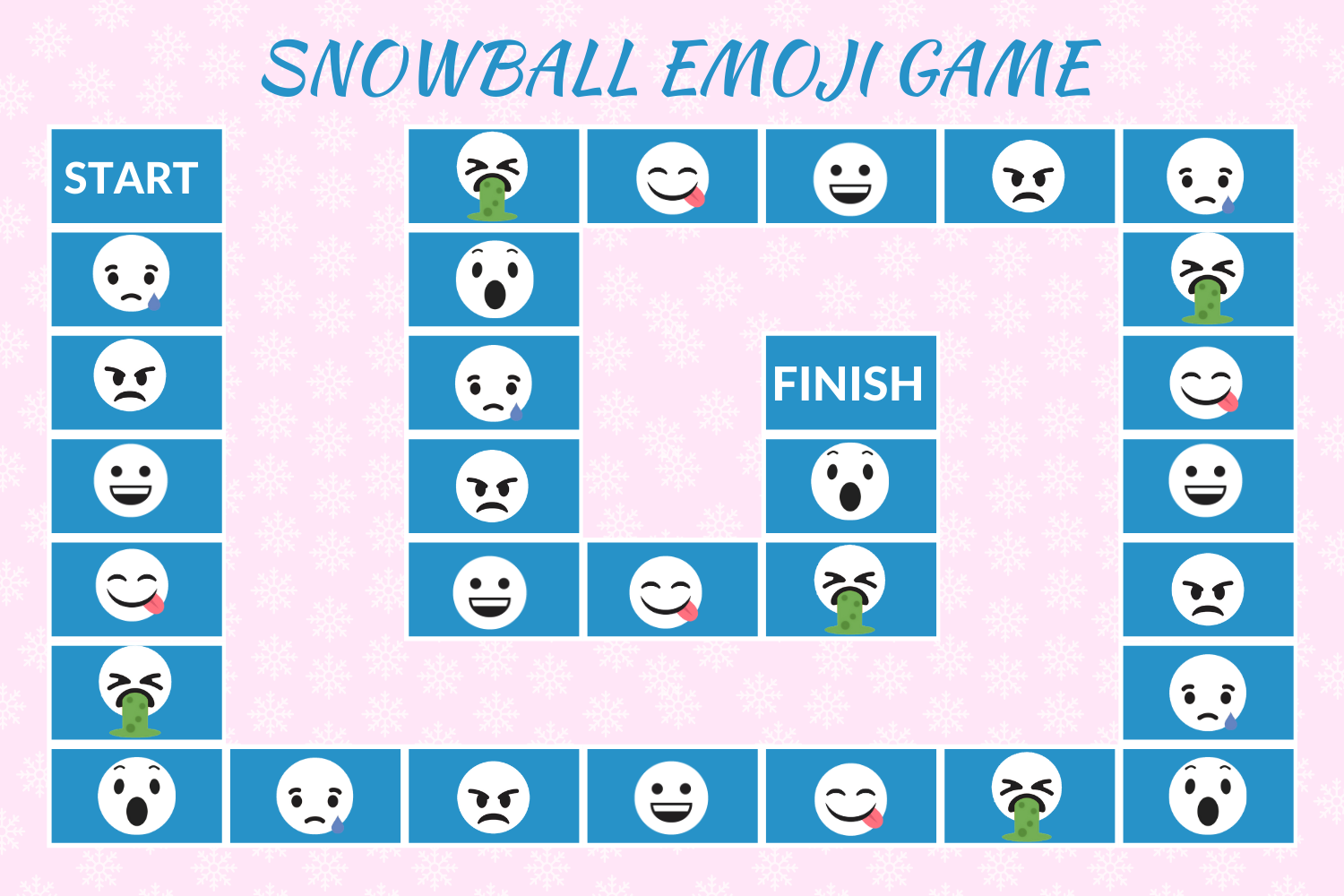
Print out the above game printable. Paste it on an A-4 Sized Cardboard paper. Done!
How to Improve Emotional Development in Kids With Board Game
There are no winners or losers in the game. I didn’t want kids to go through the pressure of that.
Start by placing the players on Start. Roll the dice. When your child lands on an emotion, discuss the emotion. Ask your child to explain the emotion and tell about a time when he experienced the emotion.
Discuss ways on how to deal with emotion. Offer alternatives.
When it’s your turn, be honest. All of us feel emotions. There are so many times when parents feel angry, sad, happy etc. Tell your story too. Discuss how you dealt with the emotion and what you could have done to improve your reaction.
Discuss coping mechanisms for all the emotions before finishing the game.
Practical Implementation
Now you might be wondering, that’s it! Some of you might be saying, ‘This game isn’t enough’.
This board game to improve emotional development in kids is just the start. Your child will still feel angry. He’s still going to feel sad, anxious, jealous and all those challenging big emotions.
But now you have a strategy in play. Go back to your game. Revisit those coping mechanisms you discussed earlier. Encourage your child to apply those emotions.
And it’s not going to happen in a day. Improving emotional development in kids take time. They are kids. Remember, they are still learning. Give them time, but keep trying.
I hope this article will help you with ideas on games you can play with your kids for emotional development. If you notice your child is too rigid and not flexible and these strategies aren’t helping, I would love to help you determine your child’s individual needs. Please reach out to set up a free consultation. We are here to support you as you help your child blossom!
If you have any ideas on how to work on emotional development through games, please join us in our FREE Facebook community!
If you enjoyed reading 6 games to play with kids for emotional development, you might also enjoy reading:
8 Easy Daily Brain Exercises for Kids
7 habits to Develop Self Regulation in Kids
